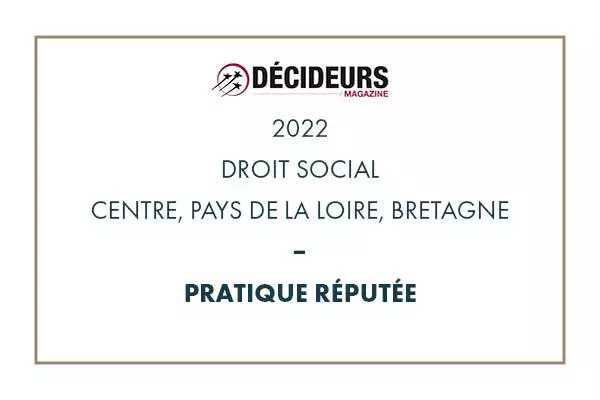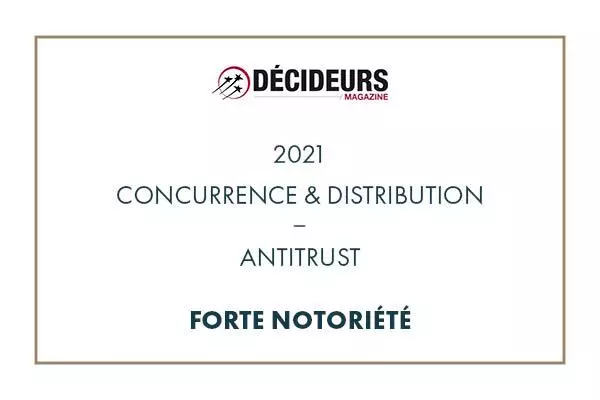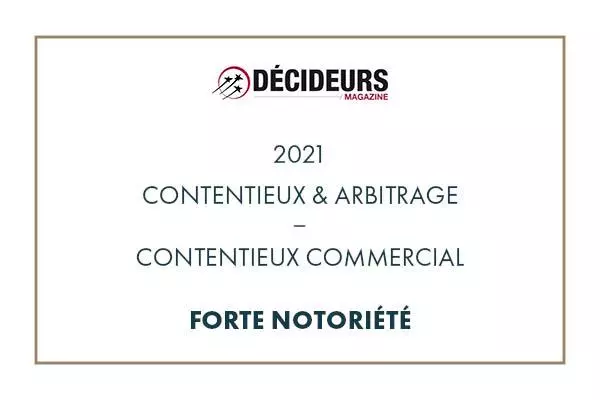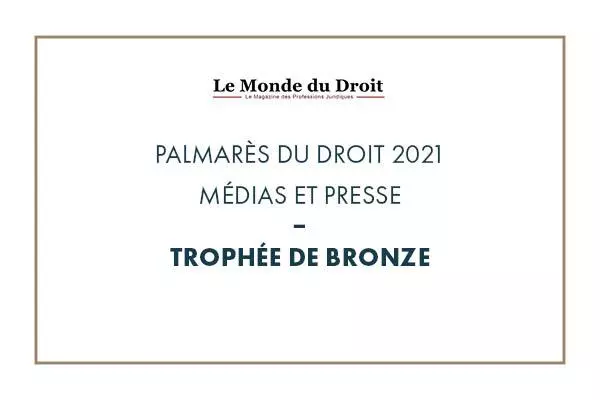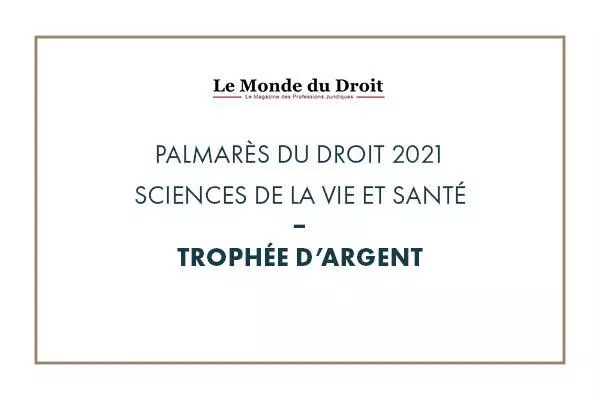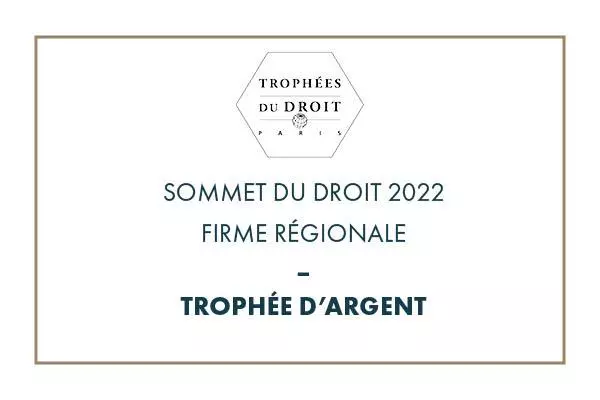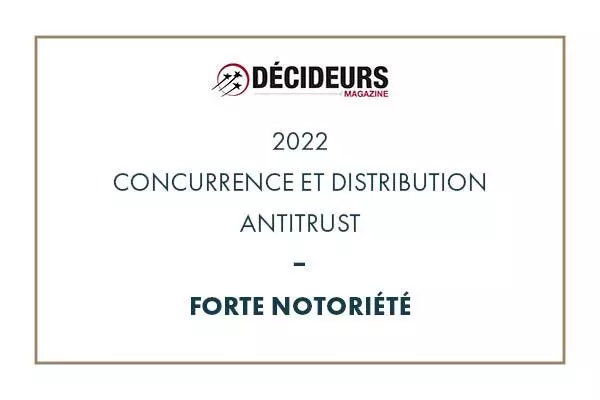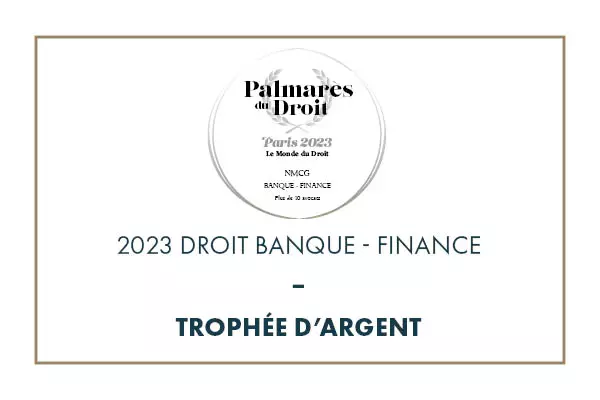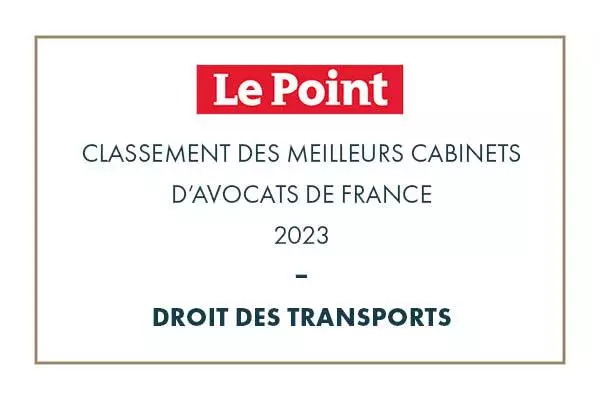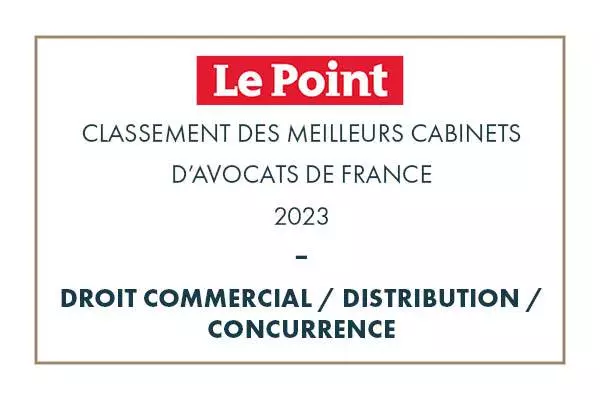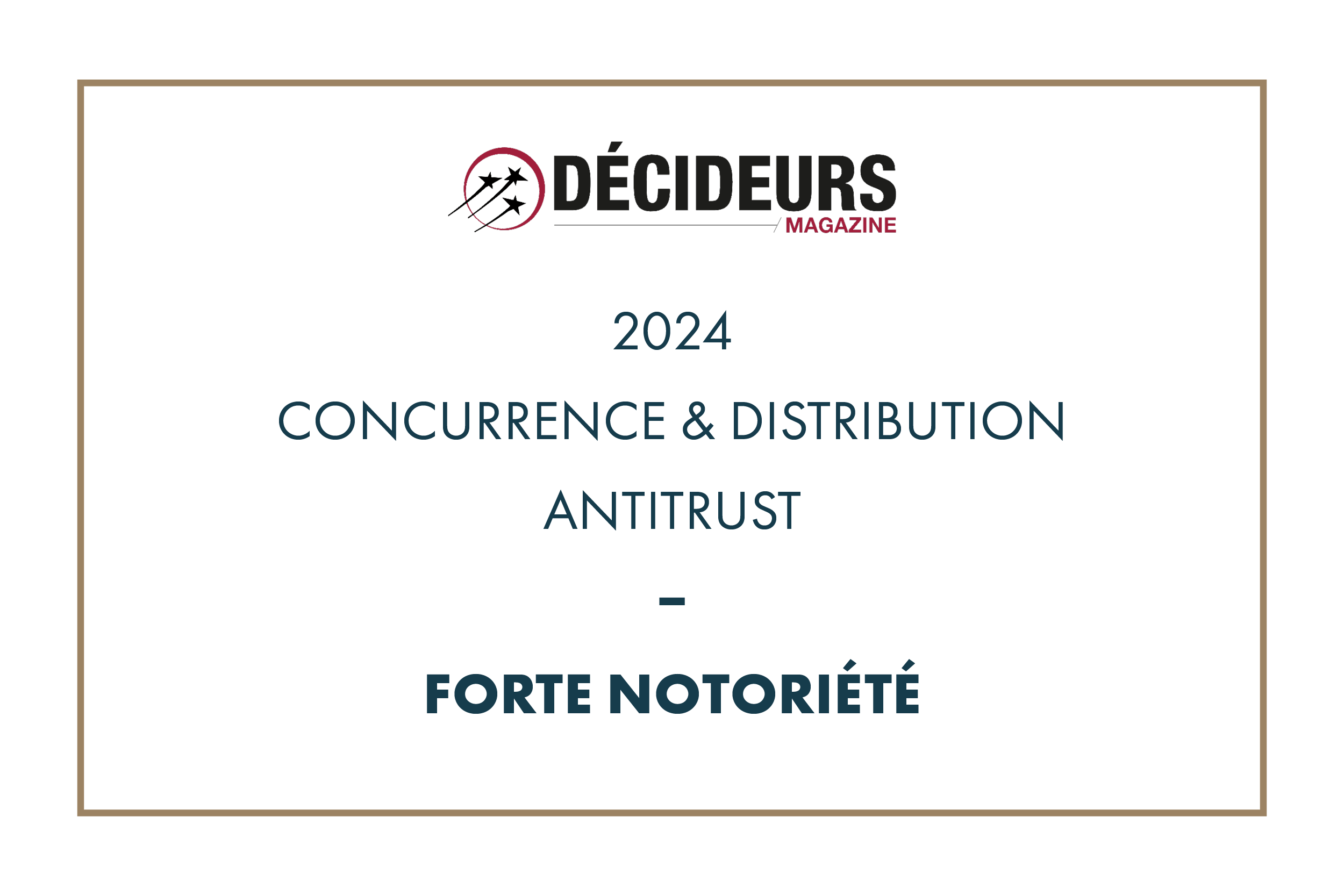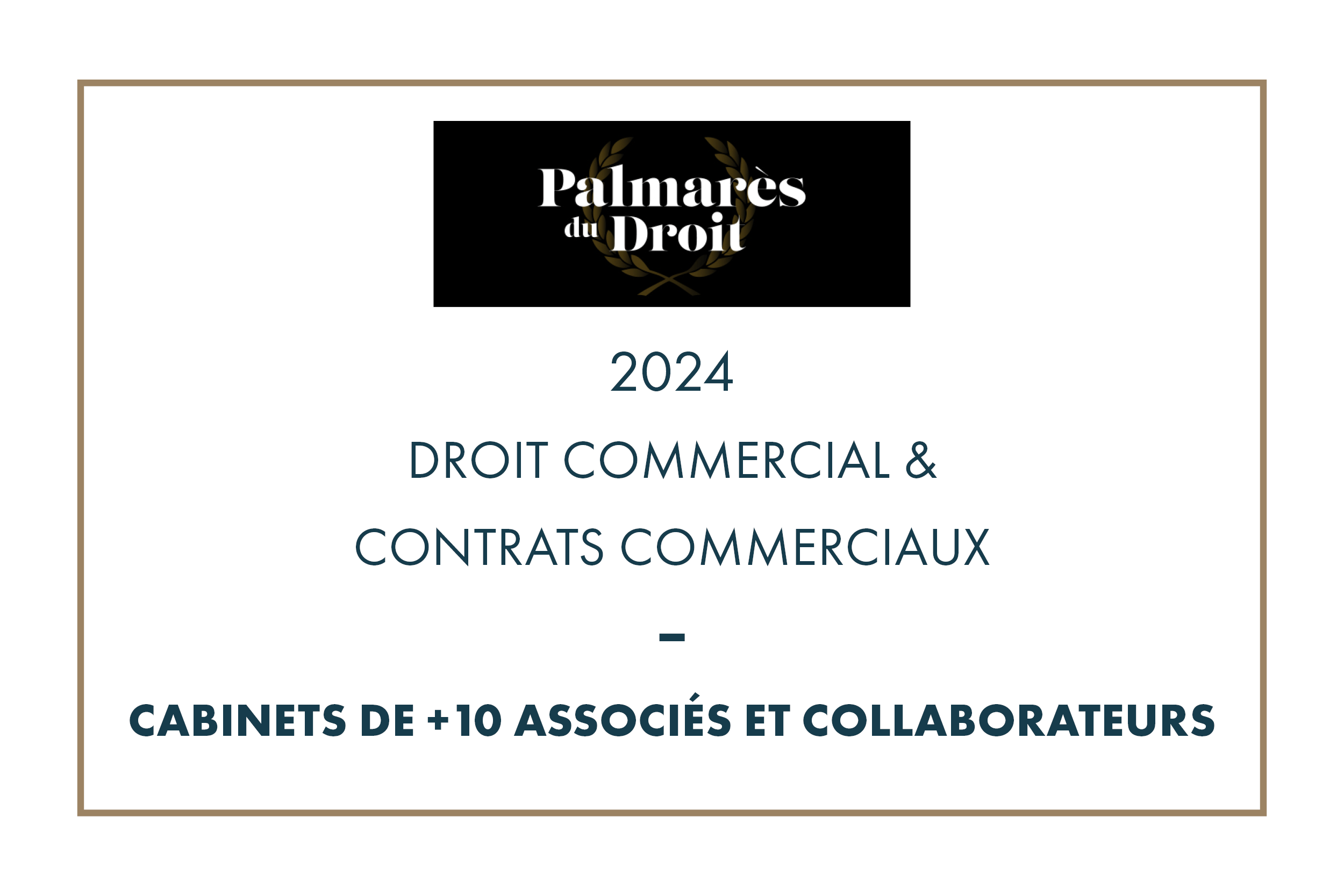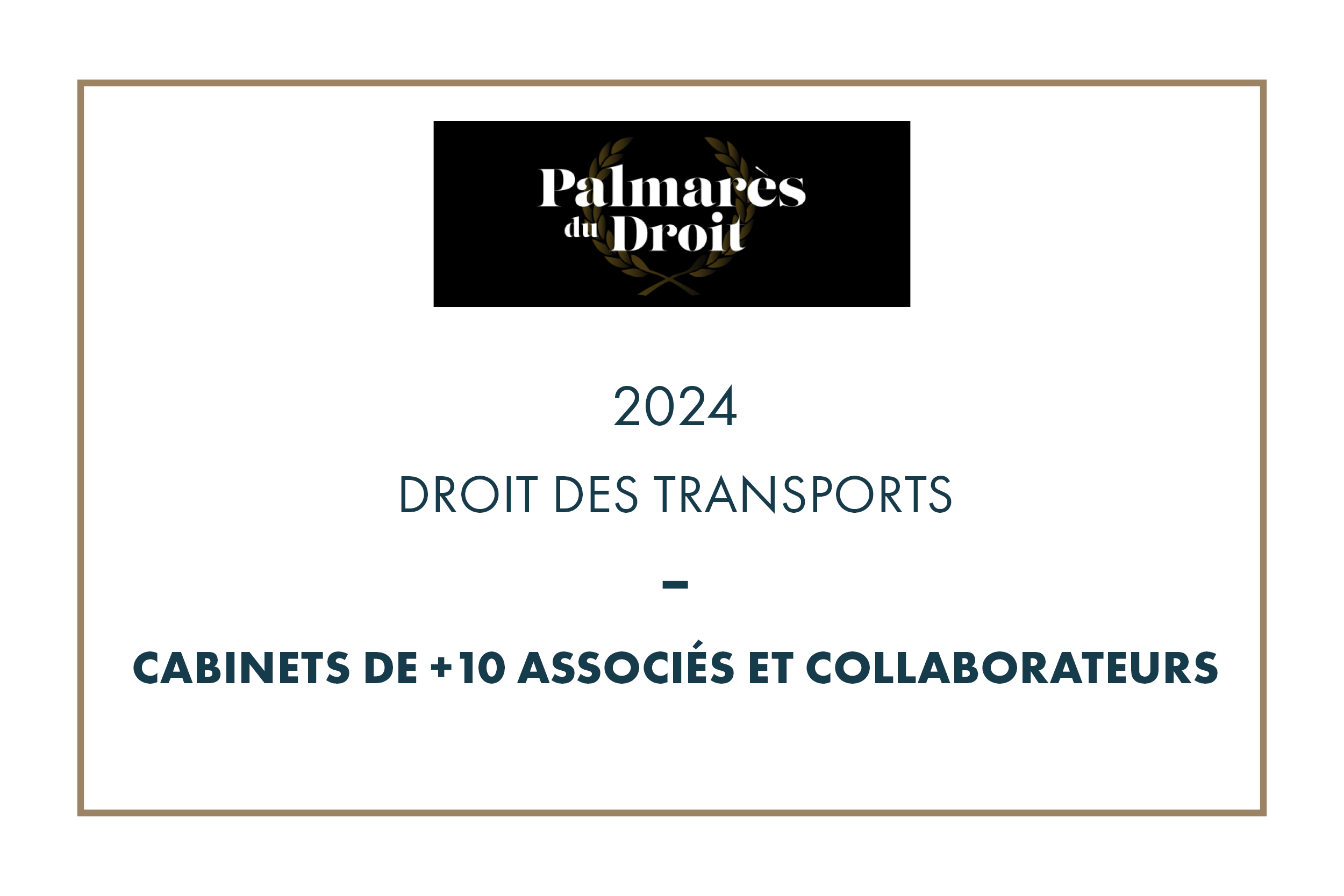As part of the sale of a business, the seller is obliged to deliver the clientele previously agreed upon.
31 January 2024
In a ruling handed down on December 13, the Commercial Chamber of the French Supreme Court (Cour de cassation) ruled that the customer base associated with the business sold is not fully transferred if some of the current contracts listed in the appendix to the deed of sale have been terminated.
(Cass. Civ. Chambre commerciale, December 13, 2023, 22-10.477)
In this case, following the purchase of a business unit, the buyer discovered that several service contracts listed as assets in the appendix to the deed of sale had in fact been terminated.
Considering that the seller had failed to comply with its obligation to transfer the company’s customer base, the purchaser sued the seller for payment of a sum corresponding to the amount of the terminated contracts and sought damages.
The Court of Appeal rejected this claim, ruling that the seller had fulfilled its obligation by providing a list of assigned contracts with customer contact details.
However, the French Supreme Court overturned this decision, ruling that, since the customer base is a key element of the business, failure to transfer all or part of it at the time of sale represents a default by the seller in its obligation to deliver.
The presence of terminated contracts in the list attached to the deed of sale indicates that the seller has failed to pass on part of the customer base, thus constituting a breach of his obligations.
For the record, the sale of a business involves the transfer of intangible and tangible assets.
- Intangible assets include :
- Customers
- Sign and trade name
- Leasehold rights
- Employment, insurance and publishing contracts
- Property rights
- Licenses or administrative authorizations
Also, the sale of a business may include the transfer of the digital components of the business, which are essential to ensure the continuity of the company’s activities.
These may include, but are not limited to, the domain name and related business e-mail addresses, the website, the hosting contract, social networking accounts and so on.
- Tangible items include furniture, equipment and tools. In any case, it is advisable to clearly specify the objects included in the assignment, to prevent possible conflicts.
Please note: product inventory is not included in the value of the business and must be valued independently.
In its decision dated December 23, 2023, the Cour de cassation reiterates the importance of the clientele contained in the goodwill, which is reminiscent of Professor Georges Ripert’s quotation “The fund is nothing other than the right to a clientele. If there were no clientele, there would be no goodwill. “.
Indeed, as early as 1937, the French Supreme Court stated that “the customer is the essence of the business“.
This crucial role of the customer has several consequences:
- On the one hand, this implies that a merely hoped-for or potential clientele does not in itself qualify the existence of goodwill. For goodwill to be recognized, an initial commercial transaction must have been carried out with this clientele. Similarly, if the business ceases to operate, the absence of a clientele means that it no longer exists.
- On the other hand, the sale of a business is characterized by the transfer of its clientele. In practice, this means that the sale must include elements of the business capable of attracting customers, such as the sign, trade name or leasehold rights.
- Finally, a retailer is considered to manage several “fonds de commerce” if he interacts with different customer bases in different locations.
***
Consequently, the customer base transferred to the business must meet the following three cumulative conditions:
- It must be real and certain: this means that it cannot be merely potential, future, or even disappeared due to the termination of assigned contracts.
- It must be personal: indicating that it has been attracted thanks to the merchant’s personal efforts to develop his business, notably through the quality of the products or services offered or his reputation.







